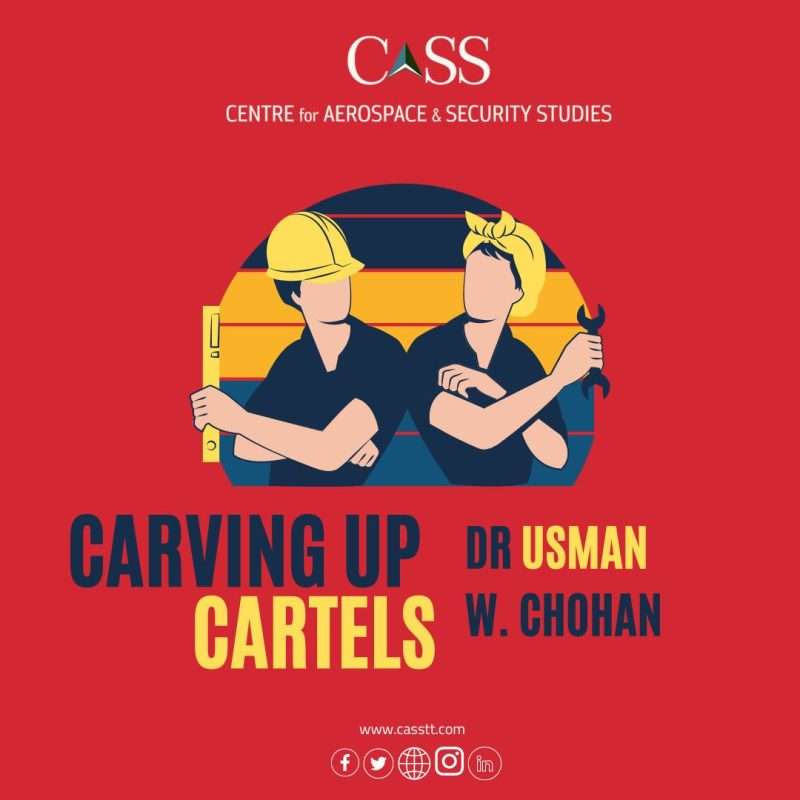At present, Pakistan’s cement per capita consumption is only half of the world average (around 200kg versus 520kg for the world). This suggests that there is more than ample opportunity for secular growth in the industry, without the need for cartel shenanigans. The CPEC megaproject and increased urbanisation already offer a strong case for the cement sector to play a clean game with robust prospects.
For sugar, by contrast, Pakistan’s per capita consumption of 25kg per person in fact exceeds the world average of 22kg, but it is marred by inequalities of consumption, and a rising middle class could balance the consumption across the country in a more equitable way. However, there is a strong case for reducing sugar consumption domestically, since high sugar consumption can trigger a variety of chronic diseases including diabetes, obesity, heart disease, liver problems, cognitive problems, and even some cancers. In the longer-run, the healthcare costs associated with treating such diseases far outweighs the profits of industry players. Yet the sugar cartel is likely to gouge our livers before the sugar they sell will ruin our health.
Taking a step back, a society must ask the larger question from such major economic sectors in terms of the risks that they pose to its security when they behave in such a manner. If mafias and cartels characterise our major industries, then they extract excessive profits at the expense of the public, even when public subsidies, infrastructure, and material support help them to function. The security risk that cartel behaviour poses rests in ballooning prices that cut into the purchasing power of ordinary citizens. As inflation rises, it erodes the economic power of a society. Inflation that is too high sends people into the streets. This is why cartels must be kept in check, for they weaken the public economy by expropriating profits for private interest.
The same threat emerges from tax evasion, which stifles public investment potential while enriching oligarchic interests. The tax proceeds which might have been used to strengthen government spending on public requirements instead end up in the hands of private power, and society is all the worse for it. A dynamic market economy depends on respect and fairness, without which it can easily fall prey to private schemes that sabotage the national interest. While Pakistan’s regulatory authorities are working hard to stem such acts, the onus lies with the owners of capital who are expropriating in excess. The government can provide them all the relief and support in the world, but they are wont to refuse even a slice of that gain to the consumer. That is when the public must carve up the cartels.
Dr. Usman W. Chohan is the Director for Economics and National Affairs at the Centre for Aerospace and Security Studies (CASS). The article was first published in The Nation. He can be reached at cass.thinkers@gmail.com.




